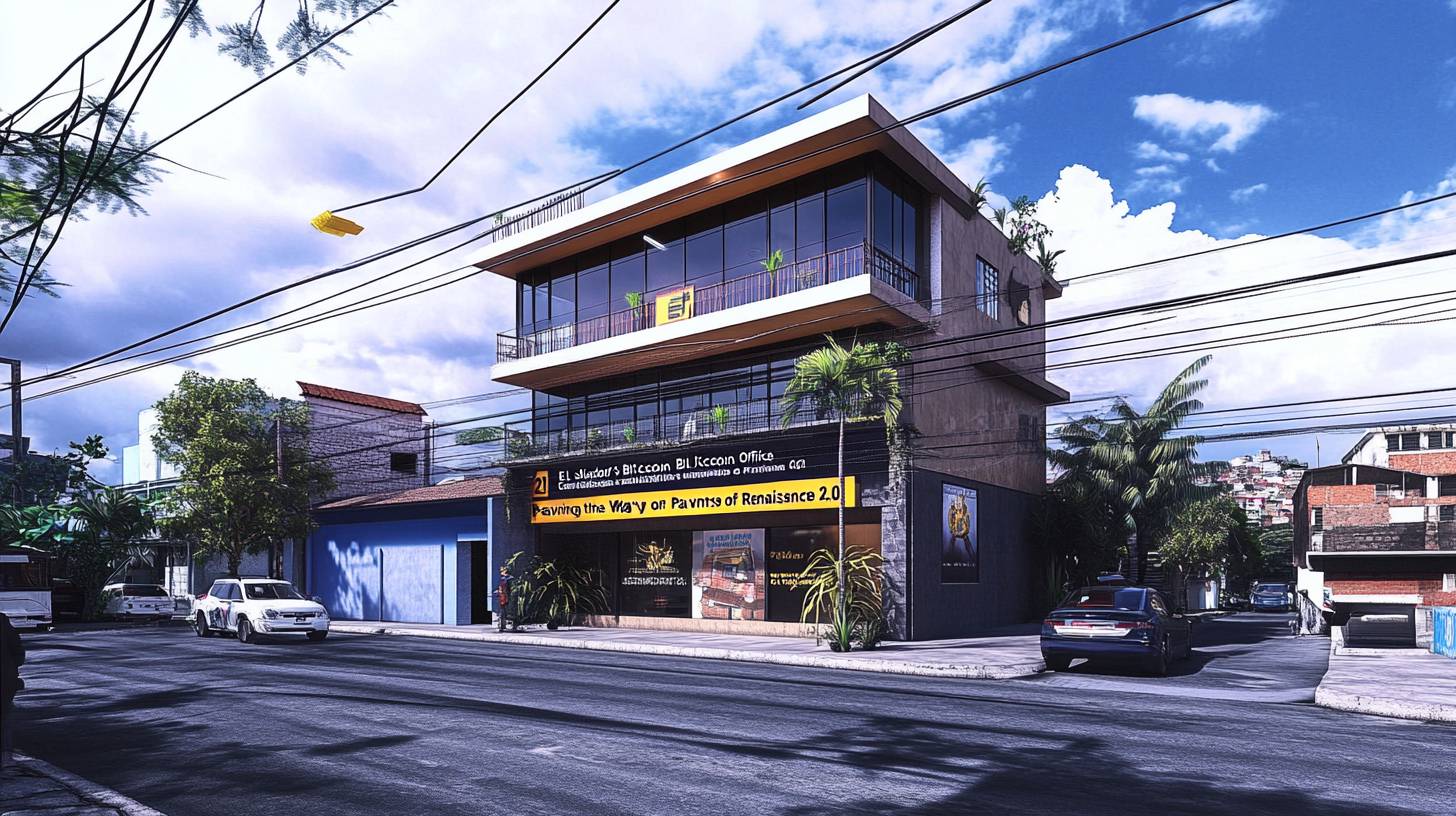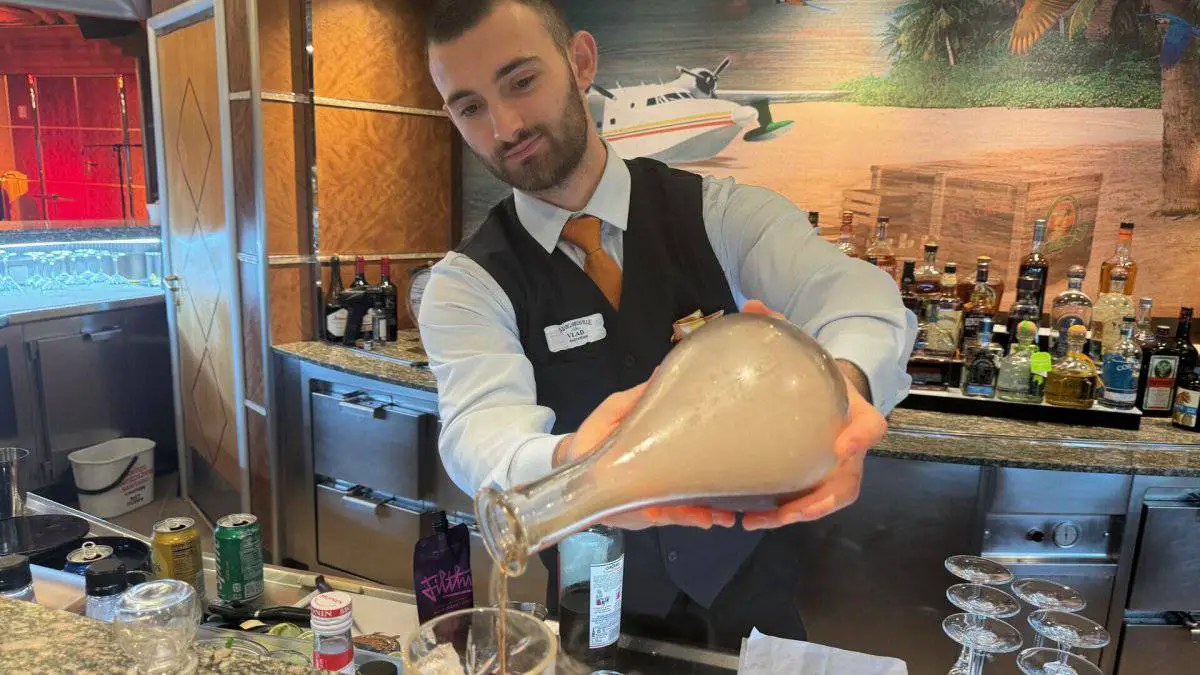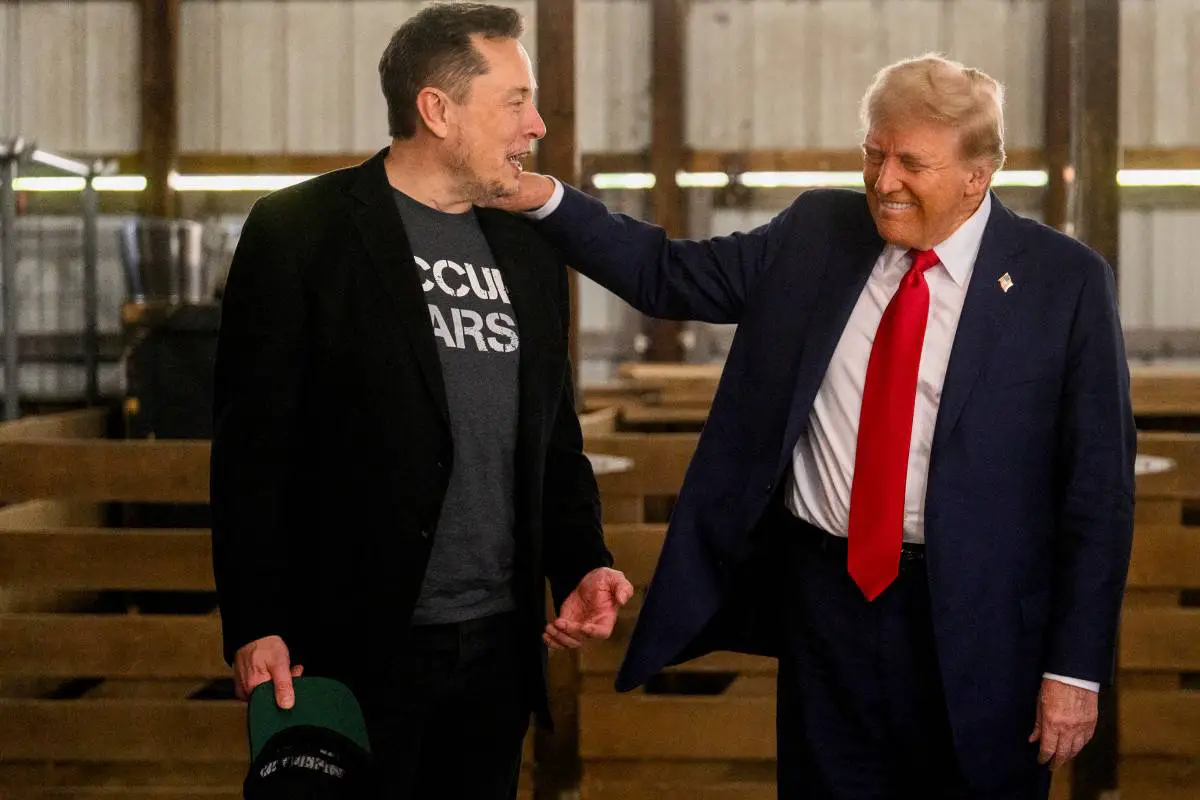
The ascent of Bitcoin in El Salvador
“We’re not merely discussing Bitcoin as a store of value or a safeguard against inflation,” Herbert clarified. “We’re envisioning Bitcoin as the cornerstone of an entirely new financial architecture.” This system, she contends, will empower Salvadorans to seize control of their financial destinies, liberated from the limitations of conventional banking and fiat currency frameworks.
For Australians observing from a distance, El Salvador’s foray into Bitcoin provides a preview of what can be achieved when a nation fully harnesses the potential of this groundbreaking technology. Although Australia has been somewhat slow to embrace Bitcoin on a national scale, El Salvador’s achievements might act as a model for other nations aspiring to free themselves from the conventional financial system.
Herbert reminisces about the difficulty of conveying to the local populace that the downfall of major cryptocurrency firms like FTX, BlockFi, and Celsius didn’t imply that Bitcoin itself was fraudulent. The differentiation between Bitcoin and the wider crypto market became an essential point. “Many believed Bitcoin was merely another scam,” she observed, considering the doubts that emerged during the market’s collapse.
This change in perspective is already beginning to take root in El Salvador. Entrepreneurs globally are descending upon the nation, attracted by the promise of a Bitcoin-centric future. “We’re witnessing a new surge of innovation,” Herbert remarked. “Individuals are coming here to build, to innovate, to be part of something greater than themselves.”
When Stacy Herbert and Max Keiser landed in El Salvador in late 2021, the country was experiencing the momentum of a Bitcoin bull run. Bitcoin had skyrocketed to an unprecedented high of ,000, and optimism permeated the atmosphere. However, as 2022 progressed, the cryptocurrency market encountered a severe downturn, leading Bitcoin’s value to tumble to about ,000. For numerous Salvadorans, this marked a moment of uncertainty.
These Bitcoin banks will be vital in developing capital markets in El Salvador, enabling businesses and individuals to secure credit, invest in new projects, and bolster the economy. “It’s about building a financial ecosystem grounded in sound money,” Herbert asserted. “When you possess a currency that can’t be devalued, you can cultivate genuine wealth.”
Crafting a Bitcoin-driven future
Herbert also perceives Bitcoin as a means to foster entrepreneurship and creativity. “When you have a stable, deflationary currency like Bitcoin, it promotes long-term thinking,” she noted. “People begin to focus on constructing enduring value rather than merely pursuing short-term profits.”
“Australia stands to gain significantly from observing what’s transpiring in El Salvador,” Herbert stated. “Bitcoin isn’t exclusively for developing nations. It’s for anyone seeking to take charge of their financial future.”
Despite this, Herbert and Keiser were resolute in guiding El Salvador toward a distinct path — one emphasizing Bitcoin instead of the speculative realm of altcoins and crypto ventures. “There were two options: You could become a crypto nation or a Bitcoin nation,” Herbert articulated. The decision was evident for them. Crypto, with its gambling-like unpredictability, was not the trajectory they envisioned for El Salvador. Rather, they perceived Bitcoin as the base for something significantly more substantial.
One of the most thrilling prospects on the horizon is the establishment of Bitcoin banks. These institutions, Herbert suggested, will be unlike any the world has encountered before. “We’re not simply replicating the old banking model and slapping Bitcoin on top,” she emphasized. “We’re constructing something fully original, tailored for the Bitcoin era.”
For Herbert, the emergence of Bitcoin in El Salvador transcends mere financial profits or market cycles. It’s about forging a future where Bitcoin operates as the backbone of a dynamic, innovative economy. And even though the path has been fraught with obstacles, the forward momentum achieved thus far is irrefutable. El Salvador is evolving from just a small Central American country — it is becoming recognized as “Bitcoin country” within global crypto circles.
“With crypto, you’re up against Vegas or Macau. The house always prevails,” Herbert remarked, highlighting a clear distinction. “But with Bitcoin, you can establish capital markets, an economy — a Singapore 2.0, an Alexandria 2.0, a Florence 2.0.” This vision of a Bitcoin-driven renaissance was what they advocated for, and it has become what characterizes El Salvador’s unique standing in the international crypto arena.
Source: bitcoinmagazine.com
In spite of the market fluctuations, El Salvador has steadfastly adhered to its Bitcoin strategy. The nation has amassed 5,836 Bitcoin, educated 80,000 public servants on Bitcoin, and woven Bitcoin education into its educational framework, spanning from kindergarten to university levels. Initiatives like Mi Primer Bitcoin and CUBO+ are instrumental in laying the groundwork for a new generation of Bitcoin-literate citizens.
As El Salvador continues to cultivate its Bitcoin-driven future, the eyes of the world will be on it. For Herbert, the adventure has merely commenced. “We’ve established the groundwork,” she proclaimed. “Now, it’s time to construct.”
Stacy Herbert’s vision for El Salvador extends beyond merely holding Bitcoin on the national balance sheet. She envisions Bitcoin as the catalyst for ushering in a new era of prosperity, one that could rival the greatest renaissances in history. The concept is straightforward yet profound: by adopting Bitcoin, El Salvador can forge a future where financial independence and innovation coexist harmoniously.

